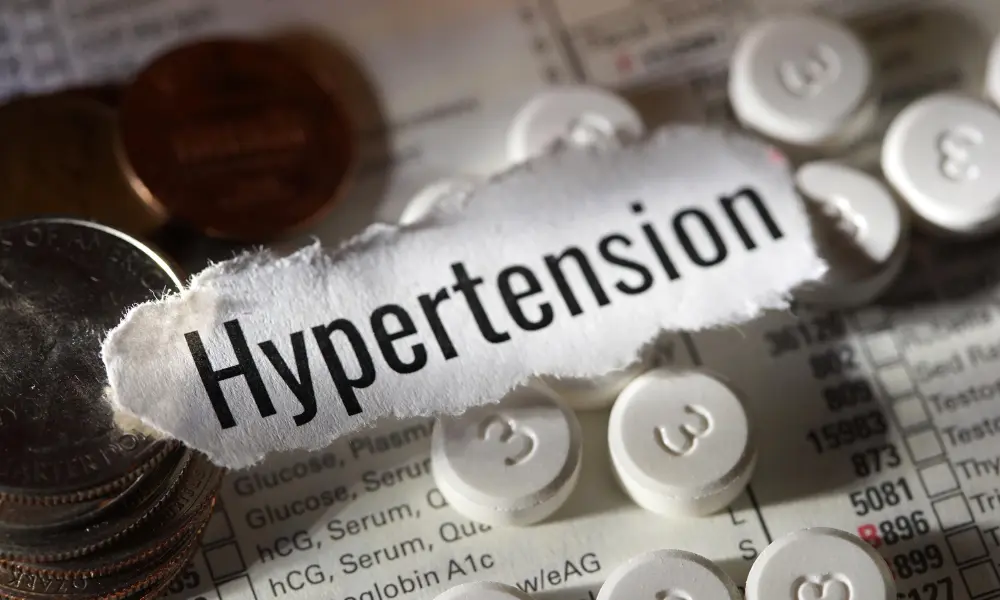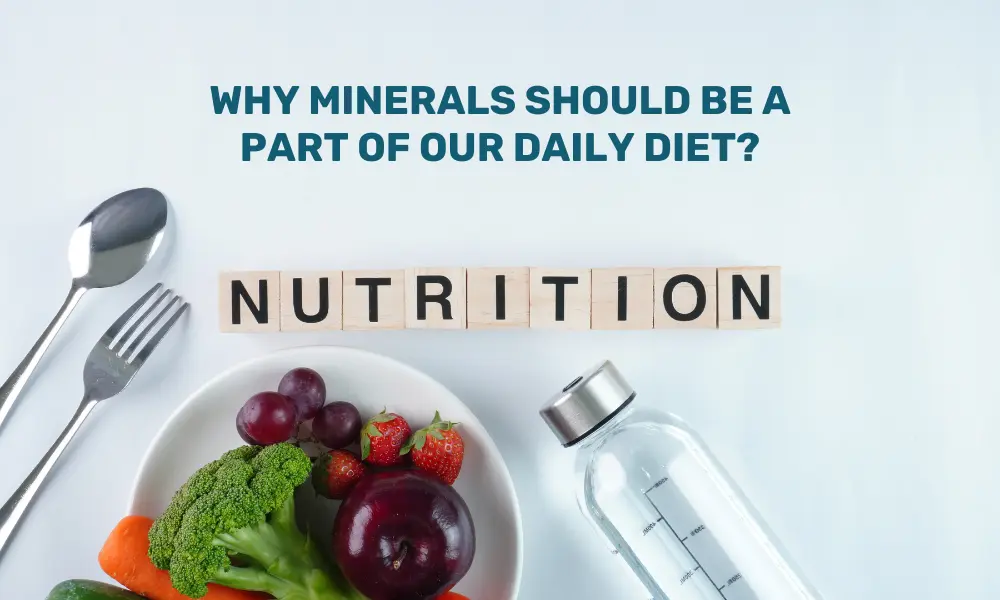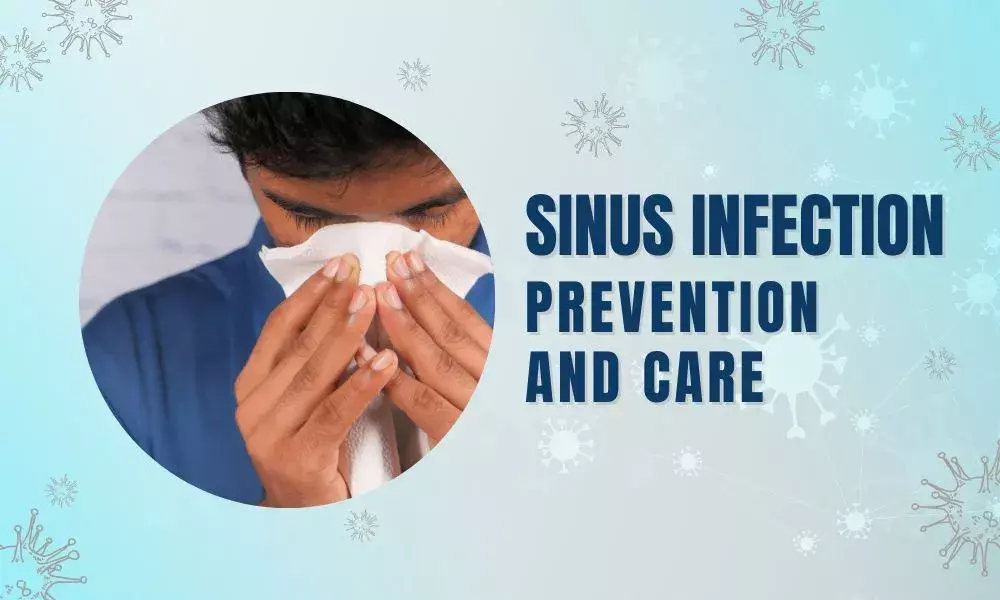Hypertension, also known as high blood pressure, is a condition that typically begins with age. However, nowadays, an alarming number of youths in their 20s and 30s are diagnosed with high blood pressure. This is due to sedentary lifestyles, stress, poor diets, and lack of sleep. Hypertension generally has few warning signs. However, the human body may give subtle hints before the problem becomes dangerous if one pays attention.
Early Warning Signs of Hypertension
1. Shortness of Breath
Just climbing one flight of stairs, and you are out of breath? Of course, we all lose some stamina when we have been sedentary for some time, but ongoing shortness of breath with minimal activity could be a sign of a cardiovascular complication. High blood pressure causes the heart to work harder and, over time, may lead to heart failure or other complications.
2. Chest Discomfort or Palpitations
Do you feel fluttering in your chest, racing heart, or sometimes tightness? These could be signs that your heart is under stress (literally). Yes, not every chest pain means that there are problems with your heart, but when there are more associated symptoms, too, you have the chance to get it checked out. More than likely, it’s better to be safe than sorry.
3. Fatigue or Confusion
Are you feeling exhausted even after a full night of sleep? Or maybe you have trouble focusing and have been feeling mentally foggy? Sometimes, we can connect tiredness and confusion to stress or burnout, but they can also be very subtle signs of high blood pressure that affect blood flow to your brain. If your fatigue feels unexplained, then it is time to investigate.
4. Persistent Headaches
Everyone gets headaches from time to time after a long day, a missed meal, or a late night. However, if you find yourself waking up with headaches or getting headaches more frequently, then you are likely getting signals from your body indicating an increase in blood pressure. These headaches tend to be dull and throbbing, occurring primarily in the back of the head. Don’t just take a painkiller and move on. Get your BP checked!
5. Blurred Vision
Your eyes can often reflect your overall health. High blood pressure directly impacts the small vessels in your eye, so over time, you may experience vision changes or damage. If you are having sudden or persistent blurred vision, do not just brush it off as screen fatigue.
6. Frequent Nosebleeds
While occasional nosebleeds may feel spontaneous, especially during dry weather, frequent or unexplained nosebleeds can happen due to sudden increases in blood pressure. If you have begun to experience unexplained nosebleeds more frequently, it would be a good idea to consult your doctor.
In a Nutshell
Hypertensive is often referred to as the “silent killer” for a reason; it can damage the heart, brain, and kidneys without obvious symptoms for many years. It is treatable, and the earlier you find out, the better. So, whether one or more of these symptoms resonate with you, a simple blood pressure check could be your first step in protecting your health long-term. You’re never “too young” to care about your heart. Start today. To consult a GP – CLICK HERE!
FAQ on Hypertension
What is the best way to manage hypertension?
-
Healthy balanced diet
-
Reduce salt and sodium in your diet
-
Limit alcohol and smoking
-
Get a good night’s sleep
-
Manage stress
-
Track your blood pressure at home and get regular checkups. …
-
Control your cholesterol and blood sugar. High blood sugar and high levels of “bad” non-HDL cholesterol raise the risk of heart disease.
What to eat to stop hypertension?
One must have a diet that includes vegetables, fruits and whole grains, fish, poultry, beans nuts, fat-free or low-fat dairy products. This will limit foods high in salt and added sugar and saturated fat.
Is lemon good for high blood pressure?
Yes, lemons may be beneficial for managing high blood pressure. Lemons contain compounds like citric acid and flavonoids (like eriocarpin and hesperidin) that may help lower blood pressure. Studies suggest that regular consumption of lemon, especially when combined with walking, can contribute to lowering systolic blood pressure.





